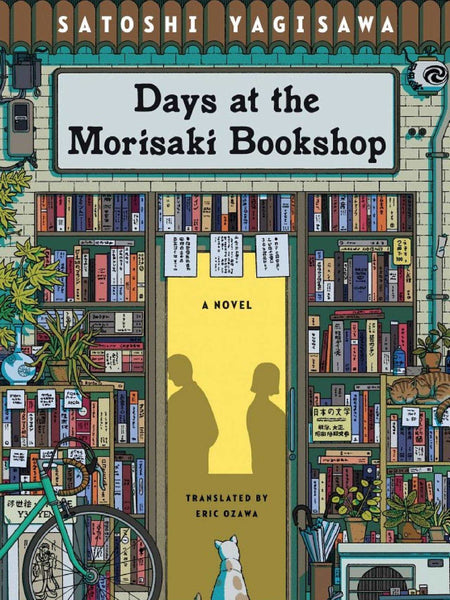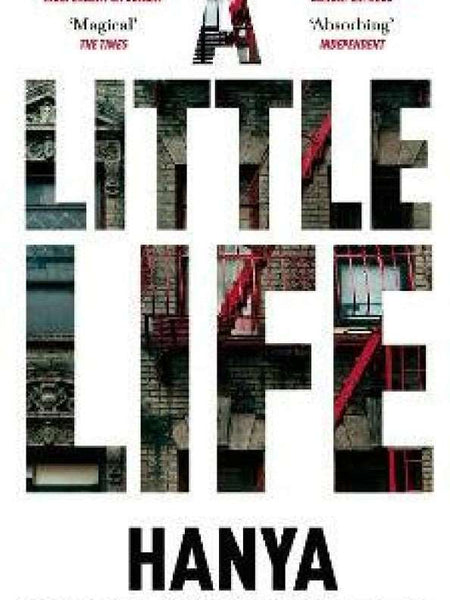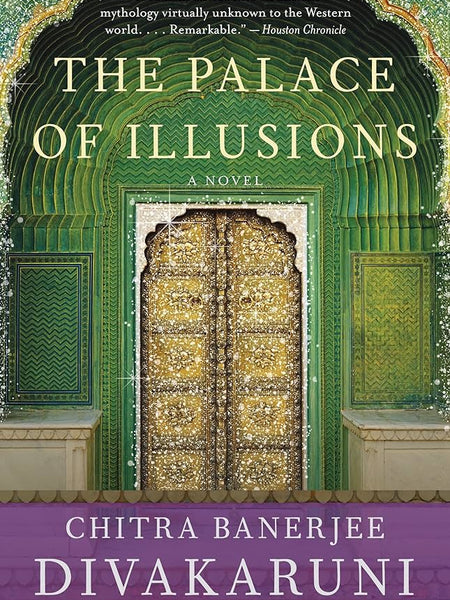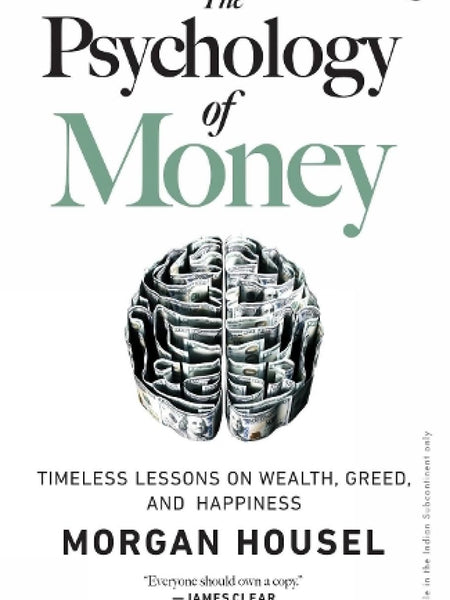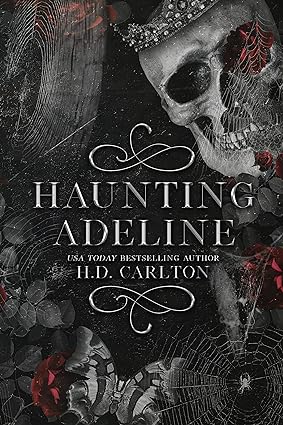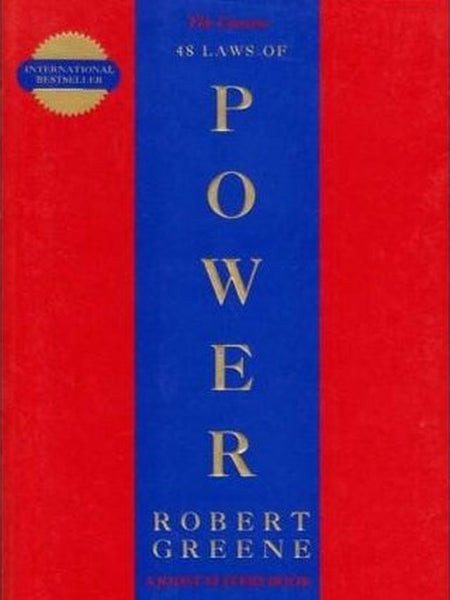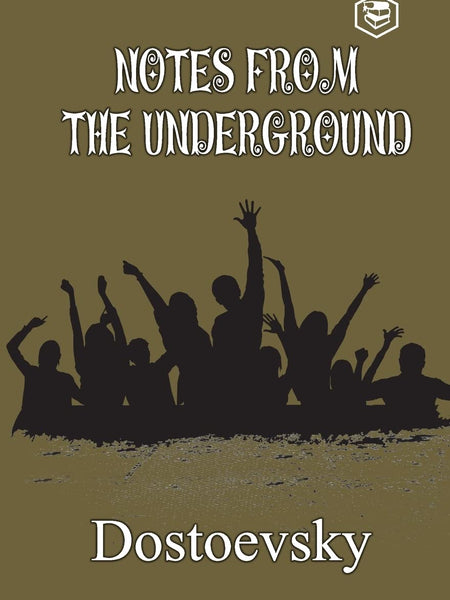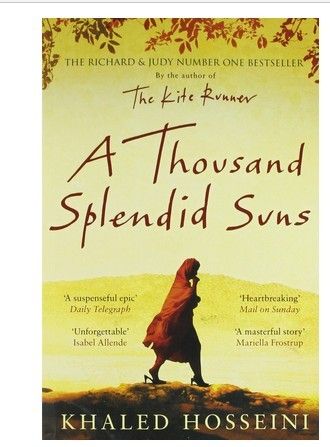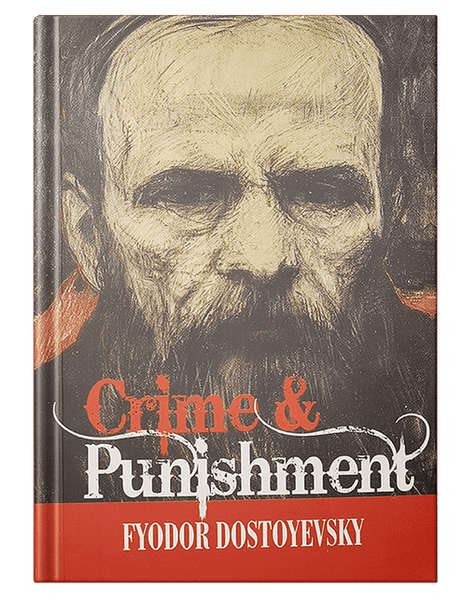Ulysses by James Joyce is one of the most significant and celebrated novels in modernist literature. Published in 1922, it is renowned for its innovative narrative techniques, complex structure, and deep exploration of the human experience. The novel is an extraordinary feat of literary experimentation and has earned a reputation as both a challenging and rewarding read.
Key Highlights:
-
Genre: Modernist Fiction, Experimental Literature, Stream-of-Consciousness
-
Published: 1922
-
Language: English
-
Themes: Identity, Time, Memory, Consciousness, Urban Life, Myth, Human Experience
Synopsis:
Ulysses is set over the course of a single day—June 16, 1904—in Dublin, Ireland. It follows the lives of three main characters: Leopold Bloom, a Jewish advertising agent; Stephen Dedalus, a young artist and teacher; and Molly Bloom, Leopold’s wife. The novel is an intricate exploration of their thoughts, desires, actions, and relationships, as they navigate the city of Dublin.
The structure of Ulysses mirrors Homer’s ancient epic The Odyssey, with Joyce cleverly alluding to the mythological story as each character embarks on their own personal journey. Bloom’s wanderings through the city are paralleled to Odysseus’ travels, while Stephen Dedalus takes on a role akin to that of Telemachus, Odysseus’ son. Meanwhile, Molly Bloom’s monologue in the final chapter echoes the themes of fidelity and homecoming found in the original myth.
The novel is divided into 18 episodes, each employing a different narrative technique, ranging from stream-of-consciousness and direct interior monologue to more conventional prose. These experimental forms allow Joyce to delve deeply into the psychological and emotional lives of his characters, giving readers a raw and intimate look at their consciousness.
Key Themes:
-
Stream-of-Consciousness: Joyce’s use of stream-of-consciousness narrative provides a unique and often fragmented view into the inner thoughts and sensations of the characters. The result is a highly subjective and experimental reading experience.
-
Identity and Self-Discovery: The characters’ search for meaning and self-understanding is central to the novel. Bloom, in particular, grapples with issues of alienation, identity, and personal loss.
-
The Urban Experience: Dublin itself is a central character in the novel. Joyce paints a vivid portrait of the city’s streets, landmarks, and neighborhoods, infusing the setting with a sense of familiarity and timelessness.
-
Mythological Allusions: Joyce draws heavily from classical mythology, using the structure of The Odyssey to map the lives of his characters. The novel is filled with references to Greek myths, Catholicism, history, and contemporary events.
-
Time and Memory: The passage of time is a recurring theme in the novel. Joyce captures fleeting moments, snapshots of consciousness, and the fluidity of time through his innovative writing style.
Why You Should Read This:
-
Literary Masterpiece: Ulysses is considered one of the greatest novels ever written. Joyce’s groundbreaking techniques—such as stream-of-consciousness narration, interior monologues, and literary allusions—revolutionized modern fiction.
-
Deep Exploration of Human Experience: The novel tackles profound themes of love, loss, identity, sexuality, and the mundane details of daily life, creating a deeply human and relatable exploration of existence.
-
Rich in Symbolism and Allusion: Joyce’s writing is dense with references to history, literature, religion, and mythology, rewarding careful readers with layers of meaning. Each reading offers new insights and interpretations.
-
Cultural and Historical Significance: Set against the backdrop of early 20th-century Dublin, the novel provides a snapshot of Irish society, politics, and culture, making it an important work in both literary and historical contexts.
Why You’ll Love It:
If you're drawn to literature that pushes boundaries and experiments with form and structure, Ulysses will captivate you. Its intricacies can be challenging, but for those who embrace its complexity, it offers a richly rewarding reading experience. Joyce’s work speaks to the depths of human consciousness, the nature of memory, and the timeless quest for meaning in life. Whether you're fascinated by modernist writing or looking for a profound exploration of everyday life, Ulysses stands as a monumental achievement in literature.




